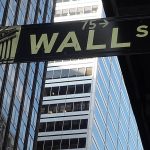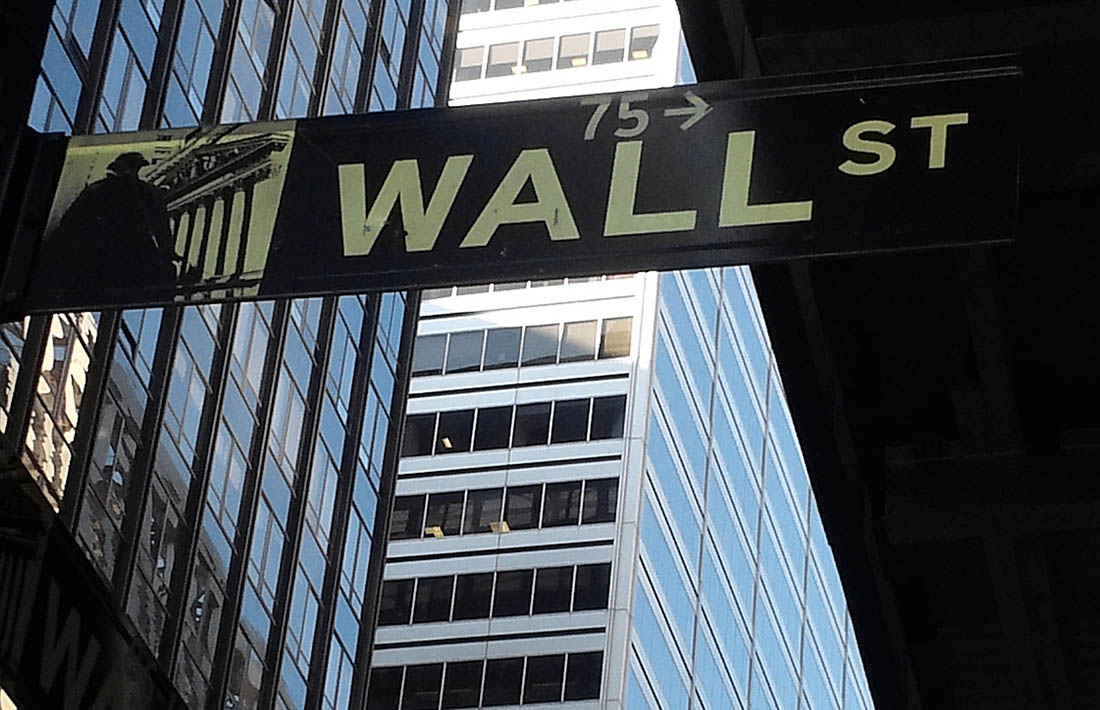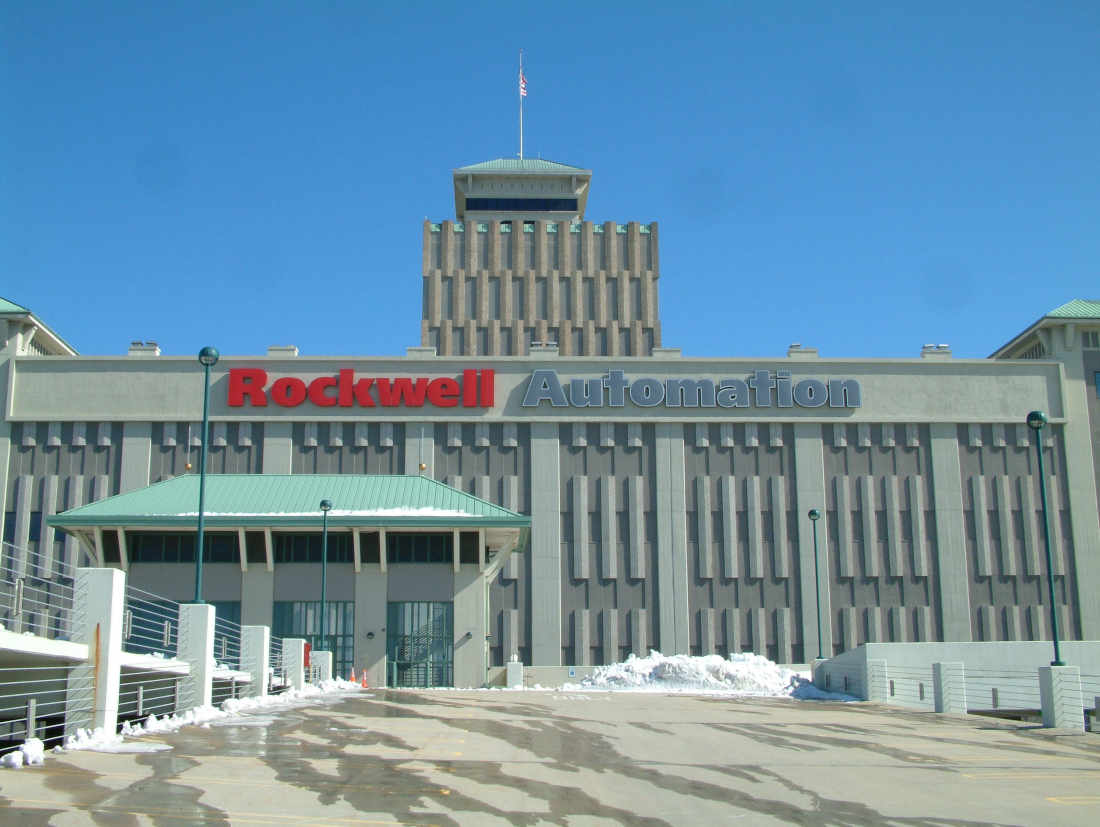(VIANEWS) – Reynolds Consumer Products (REYN), Blackrock Debt Strategies Fund (DSU), Hope Bancorp (HOPE) are the highest payout ratio stocks on this list.
We have congregated information regarding stocks with the highest payout ratio up to now. The payout ratio in itself isn’t a promise of good investment but it’s an indicator of whether dividends are being paid and how the company chooses to issue them.
When researching a potential investment, the dividend payout ratio is a good statistic to know so here are a few stocks with an above 30% percent payout ratio.
1. Reynolds Consumer Products (REYN)
71.88% Payout Ratio
Reynolds Consumer Products Inc. produces and sells products in cooking, waste and storage, and tableware product categories in the United States and internationally. It operates through four segments: Reynolds Cooking & Baking, Hefty Waste & Storage, Hefty Tableware, and Presto Products. The Reynolds Cooking & Baking segment produces foil, disposable aluminum pans, parchment paper, freezer paper, wax paper, butcher paper, plastic wrap, baking cups, oven bags, and slow cooker liners under the Reynolds Wrap, Reynolds KITCHENS, and E-Z Foil brands in the United States, as well as under the ALCAN brand in Canada and under the Diamond brand internationally. The Hefty Waste & Storage segment offers trash bags under the Hefty Ultra Strong and Hefty Strong brands; and food storage bags under the Hefty and Baggies brands. This segment also provides a suite of products, including blue and clear recycling bags, compostable bags, bags made from recycled materials, and the Hefty EnergyBag Program. The Hefty Tableware segment offers disposable and compostable plates, bowls, platters, cups, and cutlery under the Hefty brand. The Presto Products segment primarily sells store brand products in food storage bags, trash bags, reusable storage containers, and plastic wrap categories. Reynolds Consumer Products Inc. offers both branded and store brand products to grocery stores, mass merchants, warehouse clubs, discount chains, dollar stores, drug stores, home improvement stores, military outlets, and eCommerce retailers. The company was founded in 1947 and is headquartered in Lake Forest, Illinois. Reynolds Consumer Products Inc. operates as a subsidiary of Packaging Finance Limited.
Earnings Per Share
As for profitability, Reynolds Consumer Products has a trailing twelve months EPS of $1.28.
PE Ratio
Reynolds Consumer Products has a trailing twelve months price to earnings ratio of 20.35. Meaning, the purchaser of the share is investing $20.35 for every dollar of annual earnings.
The company’s return on equity, which measures the profitability of a business relative to shareholder’s equity, for the twelve trailing months is 14.47%.
Earnings Before Interest, Taxes, Depreciation, and Amortization
Reynolds Consumer Products’s EBITDA is 1.93.
Revenue Growth
Year-on-year quarterly revenue growth declined by 3.3%, now sitting on 3.84B for the twelve trailing months.
Dividend Yield
As stated by Morningstar, Inc., the next dividend payment is on Nov 14, 2023, the estimated forward annual dividend rate is 0.92 and the estimated forward annual dividend yield is 3.51%.
2. Blackrock Debt Strategies Fund (DSU)
65.43% Payout Ratio
BlackRock Debt Strategies Fund, Inc. is a closed ended fixed income mutual fund launched by BlackRock, Inc. The fund is managed by BlackRock Advisors, LLC. It invests in fixed income markets of the United States. The fund primarily invests in a diversified portfolio of companies' debt instruments, including corporate loans, which are rated in the lower rating categories of the established rating services (BBB or lower by S&P's or Baa or lower by Moody's) or unrated debt instruments, which are in the judgment of the investment adviser of equivalent quality. It was formerly known as Debt Strategies Fund Inc. BlackRock Debt Strategies Fund, Inc. was formed on March 27, 1998 and is domiciled in the United States.
Earnings Per Share
As for profitability, Blackrock Debt Strategies Fund has a trailing twelve months EPS of $1.4.
PE Ratio
Blackrock Debt Strategies Fund has a trailing twelve months price to earnings ratio of 7.46. Meaning, the purchaser of the share is investing $7.46 for every dollar of annual earnings.
The company’s return on equity, which measures the profitability of a business relative to shareholder’s equity, for the twelve trailing months is 13.34%.
Yearly Top and Bottom Value
Blackrock Debt Strategies Fund’s stock is valued at $10.45 at 16:23 EST, under its 52-week high of $10.51 and way higher than its 52-week low of $9.14.
Revenue Growth
Year-on-year quarterly revenue growth grew by 54.5%, now sitting on 52.98M for the twelve trailing months.
3. Hope Bancorp (HOPE)
42.42% Payout Ratio
Hope Bancorp, Inc. operates as the bank holding company for Bank of Hope that provides banking services for small and medium-sized businesses, and individuals in the United States. The company accepts personal and business checking, money market, savings, time deposit, and individual retirement accounts. Its loan products include commercial loans to businesses for various purposes, such as working capital, purchasing inventory, debt refinancing, business acquisitions, and other business related financing needs; real estate loans; small business administration loans; and consumer loans, such as single-family mortgage, home equity, auto, credit card, and personal loans. The company also offers trade finance services, including the issuance and negotiation of letters of credit, as well as handles documentary collections; warehouse lines of credit to mortgage loan originators; and commercial equipment lease financing. In addition, it provides cash management services, such as remote deposit capture, lock box, and ACH origination services; investment and wealth management services; mobile banking services; debit card services; foreign exchanges services, safe deposit boxes, and other customary bank services; internet banking services; and automated teller machine services. As of January 26, 2021, the company operated 58 full-service branches in California, Washington, Texas, Illinois, New York, New Jersey, Virginia, and Alabama; SBA loan production offices in Seattle, Denver, Dallas, Atlanta, Portland, Oregon, New York City, Northern California, and Houston; commercial loan production office in Northern California and Seattle; residential mortgage loan production offices in Southern California; and a representative office in Seoul, Korea. The company was formerly known as BBCN Bancorp, Inc. and changed its name to Hope Bancorp, Inc. in August 2016. Hope Bancorp, Inc. was incorporated in 2000 and is headquartered in Los Angeles, California.
Earnings Per Share
As for profitability, Hope Bancorp has a trailing twelve months EPS of $1.32.
PE Ratio
Hope Bancorp has a trailing twelve months price to earnings ratio of 7.4. Meaning, the purchaser of the share is investing $7.4 for every dollar of annual earnings.
The company’s return on equity, which measures the profitability of a business relative to shareholder’s equity, for the twelve trailing months is 7.93%.
Yearly Top and Bottom Value
Hope Bancorp’s stock is valued at $9.77 at 16:23 EST, way below its 52-week high of $13.81 and way higher than its 52-week low of $7.42.
Dividend Yield
As maintained by Morningstar, Inc., the next dividend payment is on Oct 31, 2023, the estimated forward annual dividend rate is 0.56 and the estimated forward annual dividend yield is 5.73%.
4. Public Service Enterprise Group (PEG)
40.11% Payout Ratio
Public Service Enterprise Group Incorporated, through its subsidiaries, operates as an energy company primarily in Mid-Atlantic United States. The company operates through PSE&G and PSEG Power. The PSE&G segment transmits electricity; distributes electricity and gas to residential, commercial, and industrial customers, as well as invests in solar generation projects, and energy efficiency and related programs; and offers appliance services and repairs. As of December 31, 2022, it had electric transmission and distribution system of 25,000 circuit miles and 864,000 poles; 55 switching stations with an installed capacity of 39,653 megavolt-amperes (MVA), and 235 substations with an installed capacity of 9,735 MVA; four electric distribution headquarters and five electric sub-headquarters; and 18,000 miles of gas mains, 12 gas distribution headquarters, two sub-headquarters, and one meter shop, as well as 56 natural gas metering and regulating stations. Public Service Enterprise Group Incorporated was incorporated in 1985 and is based in Newark, New Jersey.
Earnings Per Share
As for profitability, Public Service Enterprise Group has a trailing twelve months EPS of $5.61.
PE Ratio
Public Service Enterprise Group has a trailing twelve months price to earnings ratio of 11.06. Meaning, the purchaser of the share is investing $11.06 for every dollar of annual earnings.
The company’s return on equity, which measures the profitability of a business relative to shareholder’s equity, for the twelve trailing months is 19.74%.
Volume
Today’s last reported volume for Public Service Enterprise Group is 720816 which is 76.34% below its average volume of 3047480.
Moving Average
Public Service Enterprise Group’s worth is higher than its 50-day moving average of $60.89 and above its 200-day moving average of $61.41.
5. Village Bank and Trust Financial Corp. (VBFC)
39.75% Payout Ratio
Village Bank and Trust Financial Corp. primarily operates as the bank holding company for Village Bank that provides banking and related financial products and services to small and medium sized businesses, professionals, and individuals. It operates in two segments, Traditional Commercial Banking and Mortgage Banking. The company accepts checking, savings, money market, and individual retirement accounts, as well as certificates of deposit and other depository services. It also provides secured and unsecured commercial business loans for various purposes, such as funding working capital needs, business expansion, and purchase of equipment and machinery; loans for acquiring, developing, constructing, and owning commercial real estate properties; and secured and unsecured consumer loans for financing automobiles, home improvements, education, and personal investments, as well as originates mortgage loans, real estate construction loans, and acquisition loans for sale in the secondary market. In addition, the company offers online banking, mobile banking, and remote deposit capture services for business clients. It provides its products and services through nine full-service branch banking offices and a mortgage loan production office in Central Virginia in the counties of Chesterfield, Hanover, Henrico, Powhatan, and James City. Village Bank and Trust Financial Corp. was founded in 1999 and is headquartered in Midlothian, Virginia.
Earnings Per Share
As for profitability, Village Bank and Trust Financial Corp. has a trailing twelve months EPS of $1.61.
PE Ratio
Village Bank and Trust Financial Corp. has a trailing twelve months price to earnings ratio of 24.63. Meaning, the purchaser of the share is investing $24.63 for every dollar of annual earnings.
The company’s return on equity, which measures the profitability of a business relative to shareholder’s equity, for the twelve trailing months is 3.91%.
Revenue Growth
Year-on-year quarterly revenue growth declined by 70.1%, now sitting on 25.69M for the twelve trailing months.
Moving Average
Village Bank and Trust Financial Corp.’s value is below its 50-day moving average of $42.72 and way under its 200-day moving average of $47.15.
Yearly Top and Bottom Value
Village Bank and Trust Financial Corp.’s stock is valued at $39.66 at 16:23 EST, way below its 52-week high of $64.17 and higher than its 52-week low of $37.64.
Dividend Yield
As claimed by Morningstar, Inc., the next dividend payment is on Nov 21, 2023, the estimated forward annual dividend rate is 0.64 and the estimated forward annual dividend yield is 1.56%.
1. 1 (1)
1% Payout Ratio
1
Earnings Per Share
As for profitability, 1 has a trailing twelve months EPS of $1.
PE Ratio
1 has a trailing twelve months price to earnings ratio of 1. Meaning, the purchaser of the share is investing $1 for every dollar of annual earnings.
The company’s return on equity, which measures the profitability of a business relative to shareholder’s equity, for the twelve trailing months is 1%.










